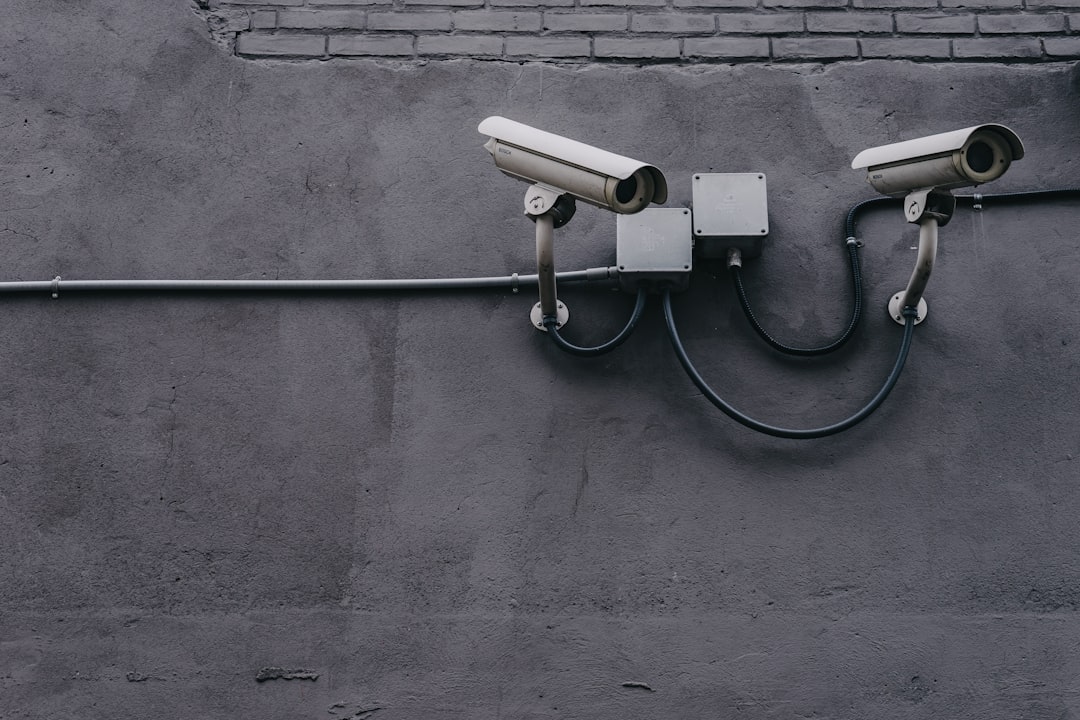
Congress Must Uphold DutyBound Obligations to Ensure National Security
In today’s rapidly evolving geopolitical landscape, the role of Congress in upholding duty-bound obligations to ensure national security has never been more critical. This obligation not only pertains to the defense of the nation but also extends to safeguarding the democratic principles that underlie the American way of life.
Understanding Duty-Bound Obligations
Duty-bound obligations refer to the responsibilities that Congress holds in relation to national security, which encompass legislative oversight, resource allocation, and the establishment of policies that protect the nation from threats—both foreign and domestic. These obligations are enshrined in the U.S. Constitution, primarily in Article I, which grants Congress the power to declare war, raise and support armies, and provide for the common defense.
Current Developments in National Security
Recent events, including cyberattacks on critical infrastructure and increasing tensions with global adversaries, have underscored the urgency for Congress to take decisive action. For instance, the SolarWinds cyberattack, which compromised numerous government agencies and private sector entities, highlighted the vulnerabilities in national security and the need for legislative measures to bolster cybersecurity.
Moreover, the increasing presence of artificial intelligence and emerging technologies poses new challenges. Congress must work to ensure that ethical guidelines and regulatory frameworks are established to govern the use of these technologies in national defense. This includes addressing concerns related to autonomous weapons systems and surveillance technologies.
Emerging Trends in National Security
Cybersecurity Legislation
One of the most pressing areas of focus is cybersecurity legislation. With the rise of state-sponsored cyber threats, Congress has a duty to enact laws that improve the resilience of critical infrastructure. The Cyber Incident Reporting for Critical Infrastructure Act of 2022 is a recent example of Congress taking steps to enhance cybersecurity measures across various sectors.
Defense Budget Allocation
Another essential aspect of Congress’s duty is the allocation of defense budgets. The National Defense Authorization Act (NDAA) is an annual piece of legislation that outlines funding levels and policies for the Department of Defense. Congress must ensure that these budgets not only reflect current needs but also anticipate future threats.
Intelligence Oversight
Congress also plays a pivotal role in overseeing intelligence agencies. Ensuring that these agencies operate within the bounds of the law while effectively gathering and analyzing intelligence is crucial for maintaining national security. This oversight is vital, particularly in light of past abuses of power that have eroded public trust.
Practical Applications and Case Studies
A pertinent example of Congress’s impact on national security can be seen in the bipartisan efforts surrounding the National Defense Authorization Act (NDAA). In recent years, this act has included provisions aimed at countering Russian interference in elections, strengthening NATO alliances, and enhancing cybersecurity protocols.
Additionally, the establishment of the Cybersecurity and Infrastructure Security Agency (CISA) exemplifies how Congress can respond to emerging threats. CISA’s mission is to protect the nation’s critical infrastructure from physical and cyber threats, showcasing the importance of legislative backing in creating effective security agencies.
Expert Opinions
Experts stress the importance of a proactive approach. According to former National Security Advisor H.R. McMaster, “Congress must play a crucial role in shaping a comprehensive national security strategy that is adaptable to a rapidly changing world.” His insights underline the need for Congress to remain vigilant and responsive to both current and future challenges.
Conclusion
In conclusion, Congress has a fundamental duty to uphold its obligations to ensure national security. This responsibility encompasses a wide range of activities, from legislative oversight of defense budgets to the establishment of policies that govern emerging technologies. As the global landscape continues to evolve, so too must the commitment of Congress to protect the American people and uphold democratic principles.
For those interested in diving deeper into the legislative processes and challenges surrounding national security, further reading on the latest cybersecurity initiatives and defense strategies is highly recommended.
Additional Resources
- Center for Strategic and International Studies (CSIS)
- The Brookings Institution
- Council on Foreign Relations (CFR)
By staying informed and engaging with these resources, readers can contribute to a more secure future for the nation. Share this article with peers to foster discussions about the critical role Congress plays in national security and consider subscribing to newsletters from trusted security organizations for ongoing insights.
Glossary of Terms
- National Defense Authorization Act (NDAA): An annual bill that specifies the budget and expenditures of the U.S. Department of Defense.
- Cybersecurity and Infrastructure Security Agency (CISA): A federal agency responsible for protecting the nation’s critical infrastructure from cyber threats.
Embracing our role in national security starts with understanding the obligations that Congress must uphold. Your awareness and action can make a difference.


